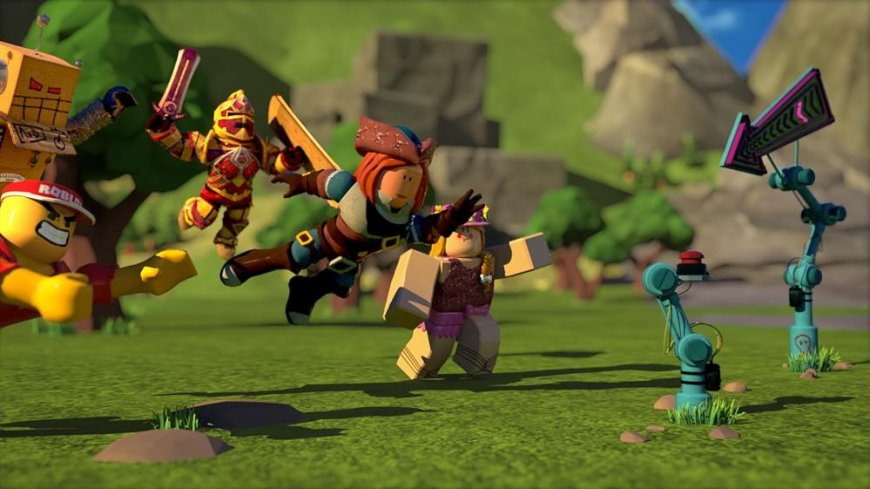Role playing games as a tool for the formation of speech competence
skills, conveying one's own thoughts and the ability to hear others. Role playing games as a tool for the formation of speech competence.

Formation of speech competence: tips for teachers. Role-playing games are one of the most effective tools for developing communication skills, conveying one's own thoughts and the ability to hear others. Role playing games as a tool for the formation of speech competence.
Speech competence is the basis for the development of other key competences. And this is not surprising, because how can you get a thorough knowledge without knowing the language? Although the modern world brings forward a variety of forms of interaction, not just communication or correspondence.
Should speech competence be developed in the digital world? Definitely, because it is:
- A means of transmitting knowledge, which is primarily used by teachers;
- An emotional impact tool that allows children to learn to recognize their own emotions and express them;
- Ability to formulate and voice requests, thoughts, desires, intentions, etc.
Criteria of speech competence:
- Formation of the sound side of speech.
- Formation of phonemic processes (ability to hear and distinguish, differentiate phonemes (sounds) of the native language).
- Readiness for sound-letter analysis and synthesis of sound composition of speech.
- Sufficient level of vocabulary and the ability to use it.
- Formation of grammatical structure of language (ability to work with ordinary and deformed sentences, phrases; correctly construct simple sentences, see the connection of words in sentences, distribute sentences by secondary and homogeneous members).
- Possession of skills of translation, storytelling, preserving the meaning of what is heard.
- Sociability, mastery of communication skills (use of both speech (intonation) and non-speech (facial expressions, gestures) means of expression.
Must Read: Be careful what you connect
Role-playing games are an easy way to learn about yourself and the world around you through the use of verbal and nonverbal communication tools. They learn to communicate.
And role-playing games:
- Develop soft skills, such as empathy;
- Allow to act in the conditions close to real situations;
- Allow to investigate and experiment;
- Teach to cooperate, build dialogue;
- Encourage understanding of others and oneself (empathy and self-empathy), teach how to put oneself in the place of another;
- Teach gently, through play;
- Stimulate creativity and imagination.
Literary "Mafia"offers to interpret the well-known game. The essence remains the same - you need to find mobsters among ordinary city dwellers.
What is the learning component of the game? Her characters are the heroes of a famous work! But the rules remain the same: players must convince each other that they definitely do not belong to the mafia. At the same time it is necessary to calculate thieves and not to allow them to harm civilians.
Exercise "(Non) random stories"
Can your students tell stories? If not, it's time to teach them! Ask students to write a short text using randomly generated words and phrases. So children will learn to look out of the ordinary at familiar objects, situations.
Ask students to divide the sheet into three columns and fill in the table.
In any order, name the number for each of the columns, for example: the first - 4, the second - 2, the third - This is the basis of history.
Suggested tasks for the game:
- Write text in a certain style, without departing from the theme (not a game).
- Write and voice a monologue / dialogue on behalf of the characters.
- Make a phonetic parsing of the sentence.
Do you want to get more practical exercises for the development of speech competence? We advise you to watch the performance "Role-playing games as a tool for the formation of speech competence."
